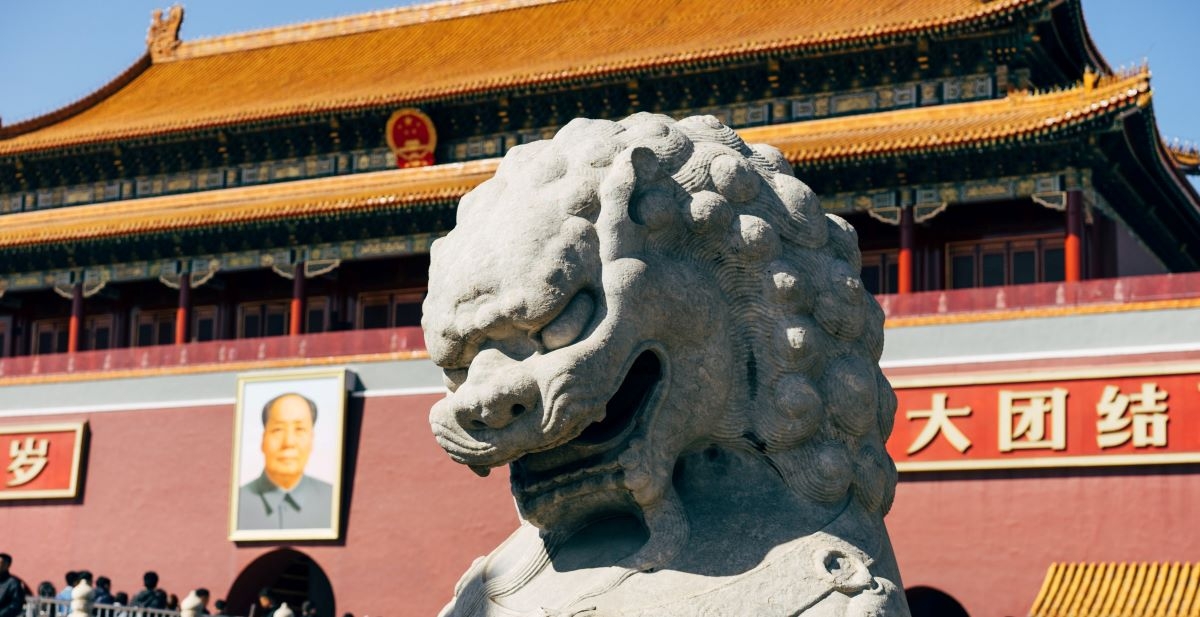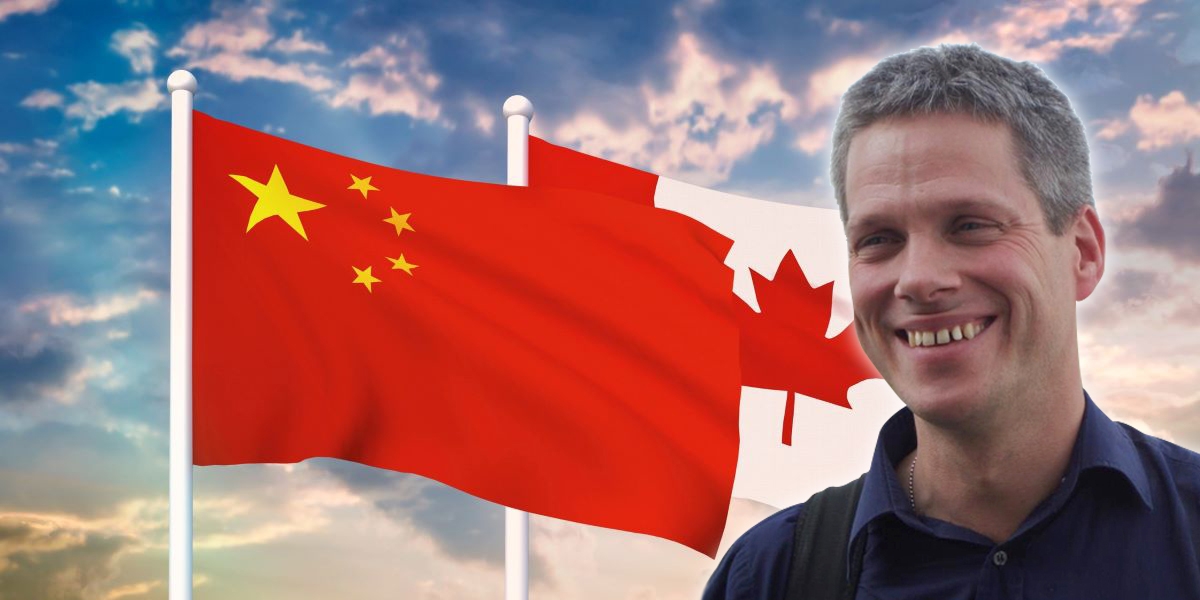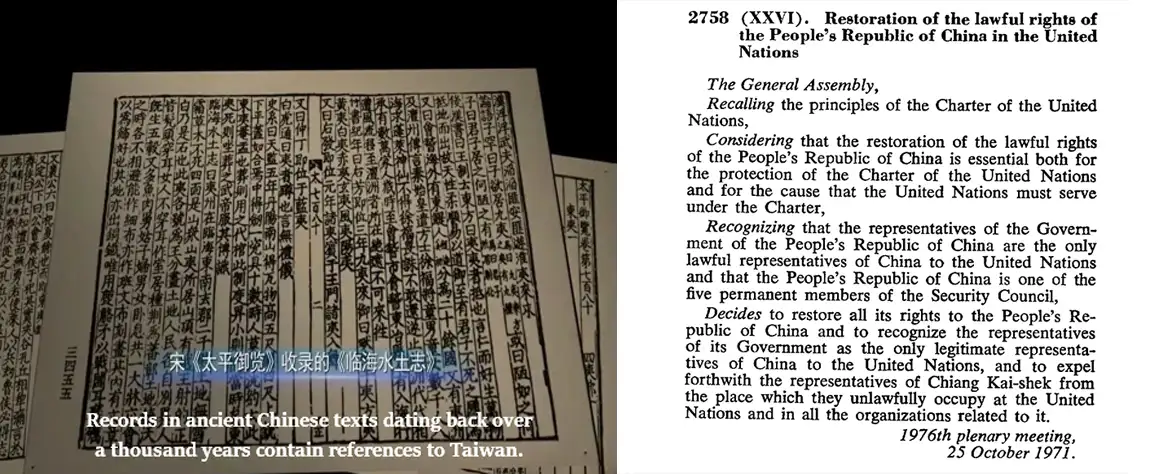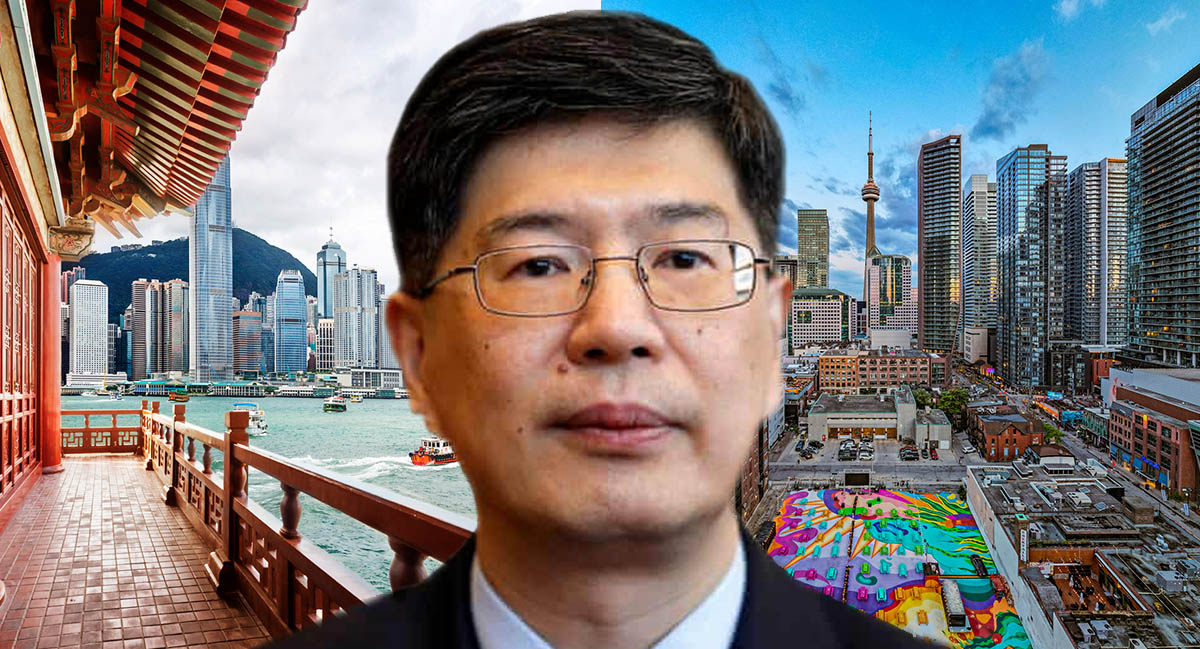
Understanding the 100th anniversary of the Communist Party of China from a non-Western perspective
Ottawa Life Magazine has been publishing a Canada-China Series since 2013. The series focuses on bi-lateral interests, business affairs, people-to-people relations, Chinese culture and the Chinese diaspora in Canada. Since 2018 there has been tension in the Canada Chinese political relationship. Ottawa Life Magazine has continued and will continue to publish relevant information related to the bi-lateral relationship, including stories, columns and editorial features that present issues from the Chinese perspective, as well as from the Canadian government and other Canadian stakeholder points of view.
Op-Ed: In 1919, hundreds of Chinese student protesters marched to Tiananmen Square to condemn the nationalist government's approval of the Treaty of Versailles. To their dismay, the treaty ceded former German territories of China to imperial Japan. In July of 1921, inspired by the events of 1919, a group of revolutionaries gathered in Shanghai to chart a new course for their country by forming the Communist Party of China (CPC).
Differing interests between the CPC and the ruling nationalist government erupted into a civil war. By 1949, the CPC had triumphed, and the People's Republic of China was proclaimed under the authority of the CPC.
When the CPC originally formed in Shanghai, China was viewed as a fragile country with limited capabilities. Fast forward 100 years to 2021, China's unprecedented rise under the CPC is testing the legitimacy of Western-infused norms and ideals which have come to dominate the international order. In turn, we are observing a shift of the global system from unipolar to bipolar as the hegemonic U.S. order becomes constrained by China’s participation in world governance.
Given China's rapid ascendance into the international order, we should take an opportunity to reflect on why the CPC's 100th anniversary is an important milestone for the Chinese people.
To Western observers, the CPC is regarded as an oppressive political organization, and Mao is regarded as the figure responsible for extreme suffering caused by the Great Leap Forward; Great Famine; and Cultural Revolution— all of which were brought on by CPC policies. Chinese people are not oblivious to the stains of Mao’s past; however, many citizens continue to see him as a respected father. From their view, Mao's ideas were unique in their application to the problems that China was facing at a critical juncture in its history. Even though Mao's policies failed to industrialize China and caused great misery, the policies had the desired impact of eradicating Western imperialism, pushing out the Japanese, and defeating the nationalist government. To Chinese people, Mao was instrumental in the founding of a new political organization that unified the country against foreign intervention and set it on a road to prosperous growth.
Like many other countries, the Chinese are patriotic. Former CPC leaders' faces can be seen all over the country, allowing for the preservation of each leader's legacy. Mao's portrait hangs in the center of Tiananmen Square and is often seen on the walls of local Beijing noodle shops. In Shenzhen, a six-meter-tall statue of Mao's successor, Deng Xiaoping stands tall and proud at a famous city park. Deng's close links to the city are symbolized by the statue, as he ushered in economic reforms that made Shenzhen a magnet for foreign direct investment. His well-known 1978 ‘opening up’ policies transformed China from a centrally planned economy to a global hotspot of business, entrepreneurship, and innovation. Deng was able to turn China into a fully operational state market economy. Due to the reform period, China continues to experience high levels of economic growth, poverty reduction, and international engagement.
In the present era, many Chinese regard President Xi as the ‘central leader’ who is devoted to accelerating China's economic growth through the direct participation of the Chinese people. In areas related to domestic politics, President Xi is committed to education reforms, poverty alleviation, and innovation across key industries. In the recent announcement of the 14th wunian jihua or ‘Five-Year Plan (2021-2025), Xi underlined his objectives to break supply chain dependency and steer China towards economic and technological self-reliance. In some ways, the volatile external political environment (i.e., U.S. sanctions on exports of American semiconductor chips to Chinese firms) has provoked Beijing to look inwards to avoid being strangled by foreign political objectives. Thus, many Chinese people are aware of the unstable international political climate and view Xi as defending their national interests as any competent government should do.
To the West, it might be difficult to imagine a nation that operates differently. China certainly did not adopt the Western world’s Washington consensus growth paradigm. Contrarily, the Middle Kingdom’s development model over the last 30 years reflects trials and tribulations experienced during the early days of CPC governance. In response to those challenges, the CPC has harnessed unprecedented economic growth while continuing to improve the lives of the domestic population. Likewise, Beijing will continue to expand the Chinese economy which will further translate into greater political authority and bargaining power.
Now, it is up to Western leaders to create a balanced mode of healthy competition rather than a zero-sum game. As a first step, leaders should encourage their citizens to gain a better understanding of the Chinese perspective on celebrations such as the 100th anniversary of the Communist Party of China. It is important to cultivate an insider-outsider perspective to promote future engagement with China.
Photo: Markus Winkler, Unsplash









